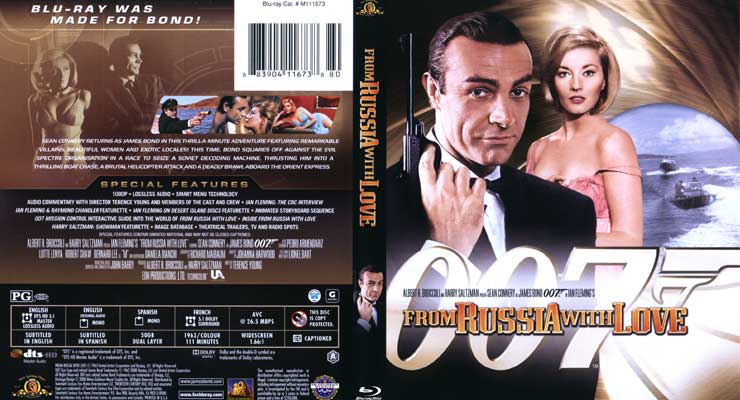
Now the U.S. and Russia are besties, BFFs at a presidential level, and Putin has been kind enough to help with our election, it is worth investigating what the Russian world-view looks like on our own TVs. English language Russian Television (RT), is the Kremlin’s version of soft power and unashamedly their government’s mouthpiece: Pravda without the Communism. To watch it is a quite an ideological ride.
It is popular. According to Italy’s Interpress Service News Agency, RT was recently the second most-watched foreign news channel in the United States after the BBC, particularly with the young and in inner city areas. Via cable and satellite, RT is available in 85 million American households and its internet service is extremely popular, especially on youtube.
RT’s trademark radioactive green color compliments the other-worldliness of its ideology. If your brain is properly oiled, watching it is a slide into another political dimension. Their fare is a mix of political interview shows and documentaries, some of which are courtesy of the disreputable Alex Jones’ network Infowars whose central tenet is the Obama-Clinton-Soros Globalist-Conspiracy, the usual hard right blather. RT’s love of Jones’ outfit is returned by his lauding of RT as “the most influential media outlet in America.”

Many other RT documentaries are taken from fringe American or French sources. Some are translations of the mother station’s content and dubbed into English with British accents. Environmental activist shows are popular, as are stories of how big agri-business is poisoning us, Keystone Pipeline protesters, the horrors of GMO food and the like: the kind of docu-gripes you see on lefty community TV here. And on RT. Nothing about what an environmental catastrophe, kleptocracy, or “ethical Siberia” Russia is, note.
Their central motif is passionate, unceasing criticism of the U.S. government, particularly President Obama, and the American agri-prison-industrial complex. Many of their presenters and narrators are British accented lending them a BBC-style educated authority we Americans so respect.
News of Russia’s near abroad also features prominently; “fascists” in Ukraine who rudely object to their country being dismembered, the plight of Russian culture under threat in Eastern Europe covered in a War-on-Christmasy way, and how the brave Syrians under President Assad are holding the line against vicious terrorists – anybody opposing Assad. RT also takes time to denigrate the EU, NATO, Western liberal democracy, and tell us how homosexuality is a threat to family values.
Some of their Russian documentaries are interesting. Sooner or later though, it’s bash America time. Following is a typical example, a story about the heroin problem in Afghanistan called Afghan Overdose: Battle Against the Opium Trade. Regarding Kabul’s opiate disaster, the program starts as a standard issue drug expose with all the usual squalid clichés; dirty needles, filthy addicts under a bridge, scored poppy bulbs, etc.
Then 20 minutes in the presenter tells us that because the drugs don’t get to the U.S., the U.S. doesn’t spend taxpayer money stopping it. The $25M spent by USAID in counter-narcotics there, not including Department of Defense millions, isn’t mentioned. Two minutes later a local anti-Taliban field commander informs us the Taliban “Was created by the Americans as a cover for trafficking.” “It’s an international mafia with America (and NATO) at the head,” he says, all of which goes unchallenged by the producer. Two minute after that, weirdly, they ask viewers where the $7B the U.S. has spent on anti-drug efforts has gone? Internal inconsistencies aside, the take-home is its all America’s fault by stupidity, negligence, or actual malice.
Such criticism is rich coming from an authoritarian Kremlin which routinely suppresses free speech, murders journalists at a hearty clip, and is so corrupt it engages in official sports doping.
The above is part of what Germans call Zersetzung, translatable as corrosion or undermining, as described by De Zeit’s Jochen Bittner in a recent New York Times article suggesting Andrea Merkel is Putin’s next target of it.
The methods of Zersetzung are to cast doubt on the basic norms of the Western liberal order and its institutions; to distort and thereby discredit the purposes of the European Union, NATO and the free-market economy; to erode the credibility of the free press and free elections. The means of Zersetzung include character assassination and, through the spreading of lies and fake news, the creation of a gray zone of doubt in which facts struggle to survive.
RT’s biggest celebrity score within America’s borders is Larry King with his own talk show. He interviewed Trump in September. Outside our borders, in fact outside most borders, is their second biggest celebrity, Jullian Assange, who recently had his own show on RT. Make of that what you will.
If this is what Russians in Russia, anybody in the Anglosphere, or in RT’s numerous foreign languages are watching, the fact the US, EU, and liberal democracies are so under siege can be no surprise. RT’s direct involvement in the entirely Trump-sided fake news scandal last year has been widely reported, particularly by the Washington Post. In its article “Russian propaganda effort helped spread fake news during election,” the breadth, depth, and sophistication of RT devotion to this end are horrifyingly well documented.
It is worrying when our election-disrupting fake news isn’t just made by Macedonian teenagers, or profiteering individual click-baiters, but rather a superpower with almost unlimited resources corroding and undermining – Zersetzung -our very democracy.
Note: R.T. USA and Europe ignored several email requests regarding this article.
Leave a Reply